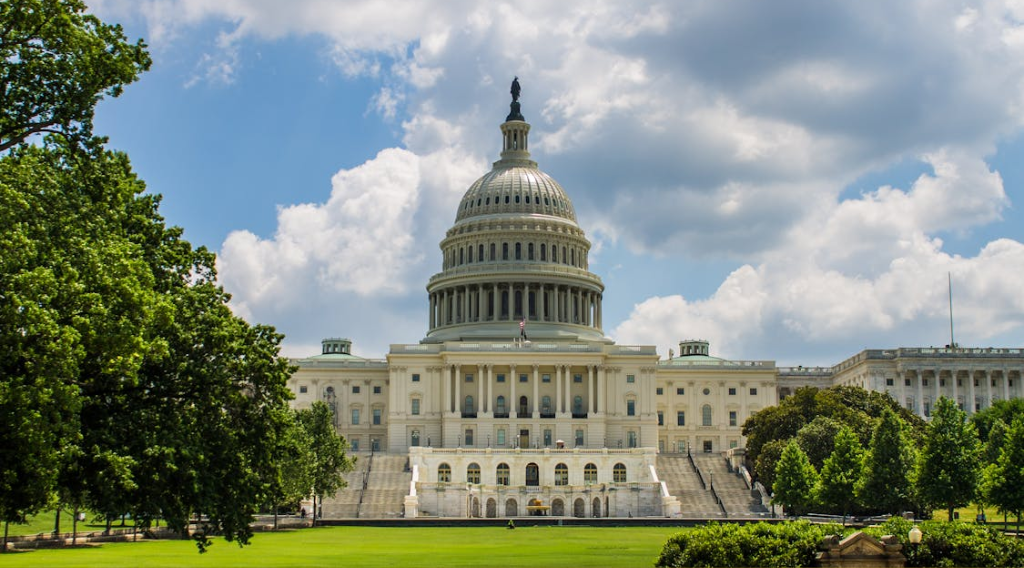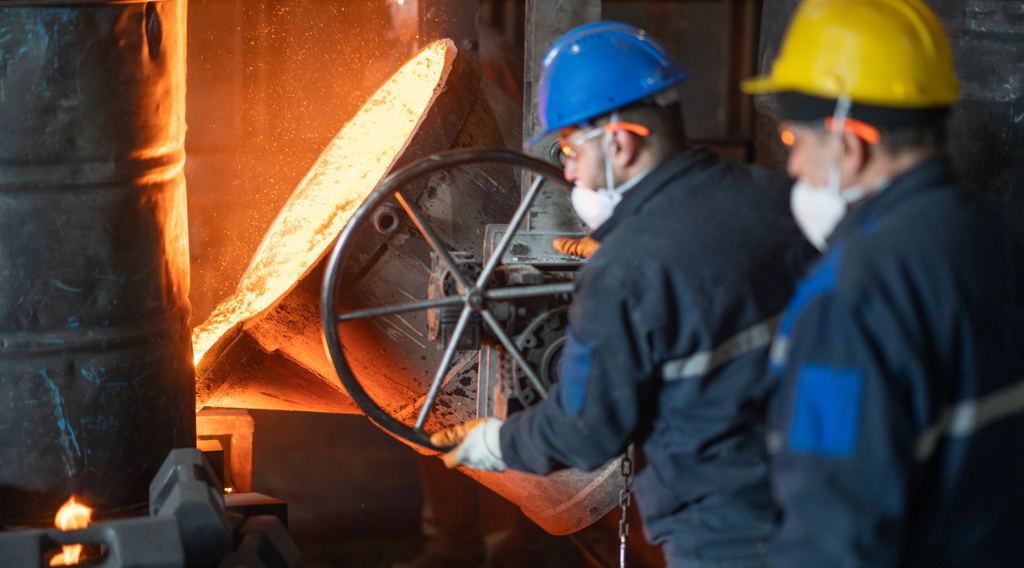
The bipartisan support for carbon capture is strengthening with the introduction of legislation in the U.S. House to extend and reform the 45Q carbon dioxide sequestration tax credit. The bill, titled the Carbon Capture Act, would establish a performance-based incentive to capture, use, and permanently store carbon dioxide.
The bill’s lead sponsor, Congressman Michael Conaway (R-TX), is currently joined by 23 Republicans and nine Democrats. In an interview with the Washington Post, Conaway said, “In today’s hyperpartisan environment, finding a piece of legislation that enjoys this amount of widespread support is rare.” Conaway added, “That makes this legislation a no-brainer as far as I’m concerned.”
The House bill introduction now makes carbon capture a broad bipartisan effort in both chambers of Congress. Earlier this year, Senator Heidi Heitkamp (D-ND) introduced a similar bill called the FUTURE Act, to also expand and reform 45Q and was joined by 24 other senators from across the political spectrum, including Shelley Moore Capito (R-WV), Sheldon Whitehouse (D-RI), John Barrasso (R-WY), Tim Kaine (D-VA), Lindsey Graham (R-SC), and 19 other original cosponsors.
As GPI’s Vice President Brad Crabtree commented to the Washington Post, “We think that with this kind of bipartisan support in both chambers, “there’s no reason we can’t get this done this year.”
GPI and the Center for Climate and Energy Solutions co-lead a national coalition of leading energy, industrial and technology companies, labor unions, and national environmental and energy policy organizations dedicated to the deployment of carbon capture as an energy, economic, and environmental solution for our nation. In a press release on the bill introduction by the coalition, GPI’s Crabtree applauded Conaway’s bill, stating:
“Chairman Conaway is to be commended for his leadership in promoting a fiscally responsible, performance-based policy that will drive private investment in technology that supports American energy production and job creation, while reducing emissions.”
Both the FUTURE Act and the Carbon Capture Act would provide critical financial certainty needed to attract investment in carbon capture projects. In addition, legislation was introduced in Congress in July to enable the use of tax-exempt private activity bonds for financing the purchase and installation of carbon capture equipment.
The combination of the 45Q tax reform and private activity bond legislation, if passed, could be a game-changer for this critical national energy and environmental strategy.
Learn more about the legislation, including the increasing support from a wide range of interests, in the following articles:
PowerMag: House Introduces Bipartisan Bill to Expand Carbon Capture, EOR Tax Credits
SNL Global: Bipartisan group introduces 45Q tax credit bill for carbon capture in House
Washington Post: The Energy 202: Carbon capture could also benefit from Trump outreach to Democrats
Click here for our recent blog on the FUTURE Act introduction in the Senate.


